SUMMARY
This is AI generated summarization, which may have errors. For context, always refer to the full article.

WASHINGTON, DC, USA – President Joe Biden and Philippine President Ferdinand Marcos Jr. will agree on Monday, May 1, to new guidelines aimed at strengthening military cooperation, said US officials, underscoring a dramatic turnaround in US-Philippine relations over the past year.
The new guidelines focus on military coordination across land, sea, air, space and cyberspace, while the administration will also transfer three C-130 aircraft and look to send additional patrol vessels.
Biden will also reaffirm the countries’ 1951 Mutual Defense Treaty, which calls for the United States to act in the event of an armed attack on the Philippine military, said the officials in a briefing for reporters.
The meeting comes as part of a four-day US visit by Marcos that started on Sunday, the first by a Philippine president in more than 10 years.
Marcos, who became president last year, has sought warm relations with both the United States and China, who are vying for influence in the Asia-Pacific region.
Under Rodrigo Duterte, Marcos’ predecessor, relations with US soured as he turned the Philippines sharply away from its former colonial ruler and built closer ties with China.
(LIVE UPDATES: President Marcos’ official visit to the United States)
But with many Filipinos frustrated by China’s actions in the South China Sea, including the harassing of Philippine ships and fishermen in parts of the sea that both countries claim, popular support has grown for a tougher stance towards Beijing.
Wariness about China’s intentions has only increased recently.
A reported comment last month by Beijing’s ambassador to Manila that the Philippines should not support Taiwan’s independence “if you care about the 150,000 overseas foreign workers” of Filipino origin who live there was viewed as a “veiled threat,” a US official said.
“Some of the steps that China have taken have concerned (Marcos), probably even surprised him,” said one senior Biden administration official. “He has strong desire to work closely with both countries but finds himself in a situation that the steps that China’s taking are deeply concerning.”
“We will reaffirm our commitment to fostering our long standing alliance as an instrument of peace and as catalyst of development in the Asia Pacific region,” Marcos said before leaving for the trip on Sunday.
Philippines central to US plans
For its part, the US government sees the Philippines as key to any effort to counter an invasion of Taiwan by China, which claims the island as its own territory.
Experts say the United States considers the Philippines a potential location for rockets, missiles and artillery systems to counter a Chinese amphibious assault.
Biden has invested in courting Marcos, who still faces a US court judgment connected with $2 billion of plundered wealth under his father’s rule. Washington helped Marcos’ father flee into exile in Hawaii during a 1986 “people power” uprising.
The US president was the first official to reach out Marcos Jr. after his election and Biden has made strengthening economic and military ties in the Indo-Pacific region a cornerstone of his foreign policy.
The exact contours of a US-Philippine alliance in a wartime scenario remain sketchy, including what level of access and cooperation would occur at Philippine bases where the countries’ militaries have agreed to work together.
Earlier this month, Washington and Manila added five bases to an existing list of four, including three facing north towards Taiwan and one near the disputed Spratly Islands in the South China Sea. China said the move was “stoking the fire” of regional tensions and that Washington should take no role in a conflict far away from its shores.
“We’re standing shoulder to shoulder in the South China Sea, where our alignment has never been stronger,” said one U.S. official.
Biden will also take steps in the economic sphere, including sending a trade and investment mission to Manila, supporting the roll out of 5G telecommunications technology, launching public-private financing for critical minerals and “smart” power grid development, new bilateral discussion on labor issues, and support for airport security, maritime safety and the country’s healthcare industry.
Still, security ties will be front and center, as Washington also works to deepen military collaboration between the Philippines and Japan.
Later this month, Biden heads to Japan for the Group of 7 meeting and to Australia for meetings of the Quad, a grouping which includes the United States, Japan, India, and Australia. Both meetings are expected to focus heavily on China.
The United State is also actively planning a possible Biden stop in Papua New Guinea on May 22 as part of stepped-up engagement with the Pacific-island region, according to officials familiar with the matter. – Rappler.com
Add a comment
How does this make you feel?
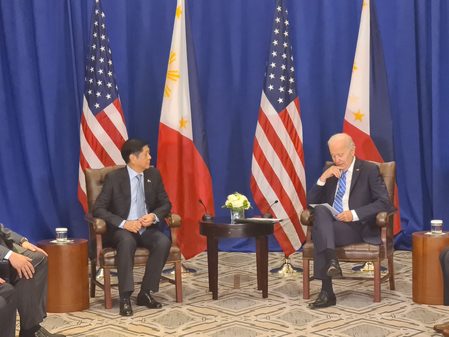
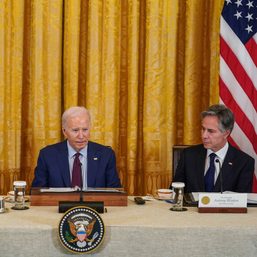
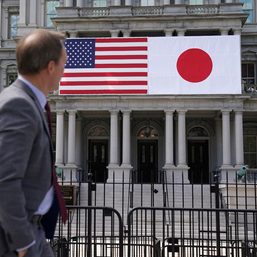
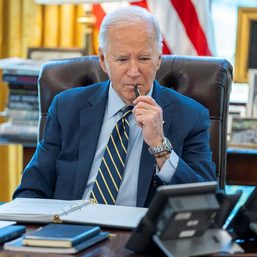

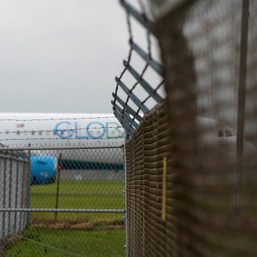



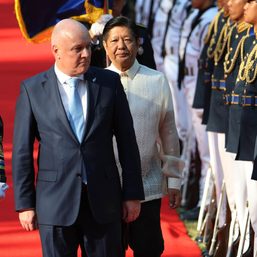
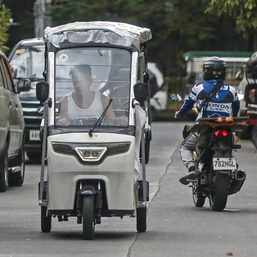
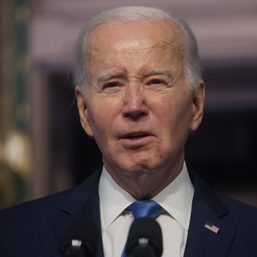
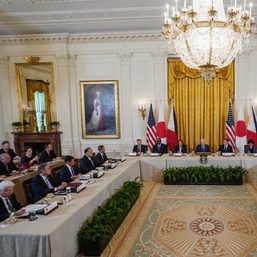
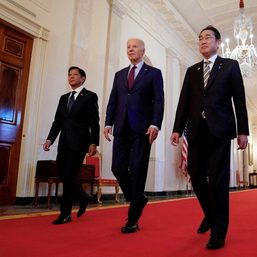
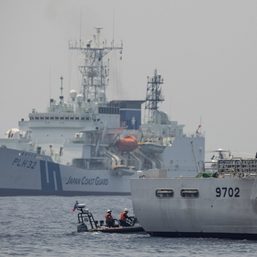
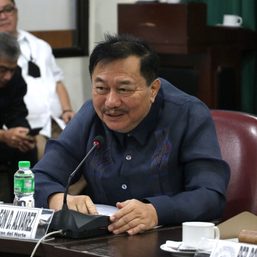
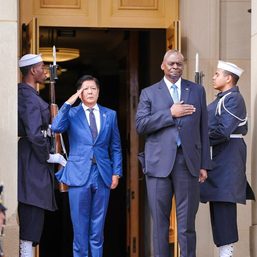

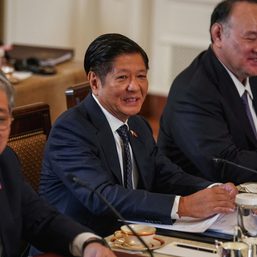
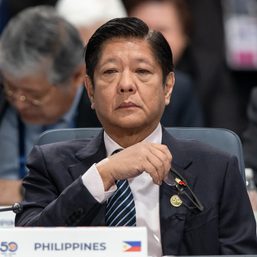
![[EDITORIAL] Paano tayo makakapuwing sa Tsina sa West Philippine Sea?](https://www.rappler.com/tachyon/2023/10/animated-wps-october-2023-carousel.jpg?resize=257%2C257&crop_strategy=attention)
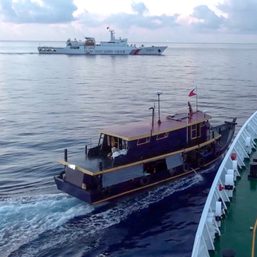
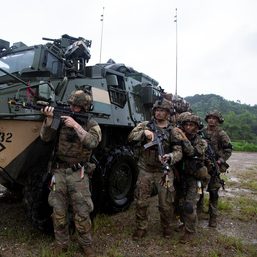
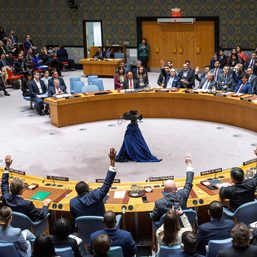
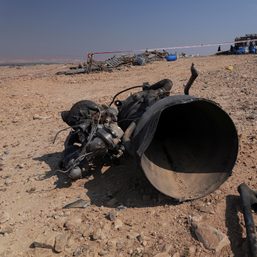

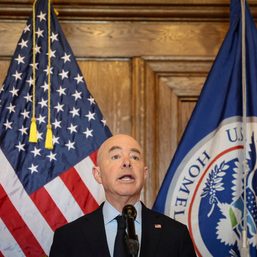

There are no comments yet. Add your comment to start the conversation.